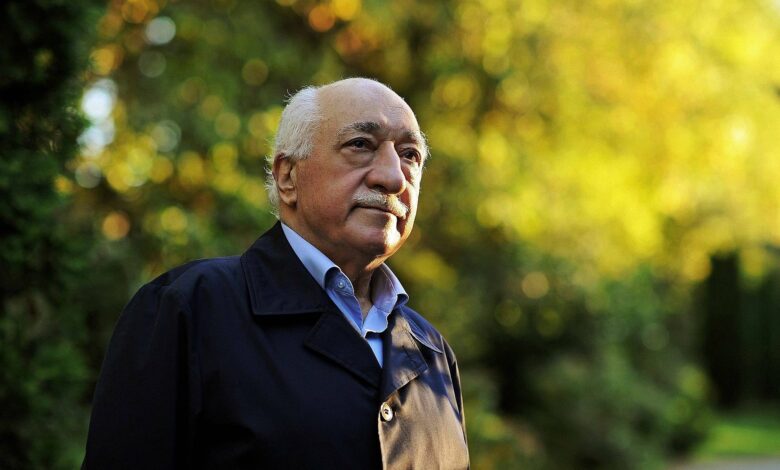
Fethullah Gulen, one of Turkey’s most influential Muslim leaders and the man Ankara blamed for a failed 2016 coup, died in the United States on Sunday at the age of 83, announced Turkish media and his associated website, Herkul. He died in a hospital where he was being treated.
Gulen was the head of the Hizmet movement, an enormous and powerful Islamic organization within Turkey and worldwide. In later years, he faced accusations of orchestrating the putsch against President Recep Tayyip Erdogan, with all charges adamantly denied. A former Erdogan ally, their relationship dramatically deteriorated to the point where the two were bitterly at odds over a failed coup that killed about 250 people when rogue soldiers seized military assets.
He had lived in self-imposed exile in the United States since 1999. To his followers, he was Hodjaefendi, a “respected teacher.” Born in 1941 in a village in Erzurum in northeast Turkey, he began studying the Quran early. In 1959, he was already a scholar in a mosque in Edirne. In the 1960s, however, he gained prominence in Izmir, where he established student dormitories and preached in local tea houses.
Over the decades, his network expanded through a series of schools that influenced education, business, media, and government institutions, first in Turkey, then Central Asia, the Balkans, Africa, and the West.
In December 2013, corruption investigations were carried out, implicating several ministers close to the President. Gulen’s ties with Erdogan’s AK Party dramatically worsened, as these probes were believed to be from his followers. He received an arrest warrant in 2014, while two years later, following the coup attempt, his movement was labeled a terrorist organization, further solidifying the accusations against him.
In the wake of the coup, Gulen’s movement was systematically cracked down on in Turkey. Erdogan called Gulen’s network traitorous and vowed to eradicate it; hundreds of schools, companies, and media organizations linked to him were shut down, and their assets were confiscated. The crackdown resulted in at least 77,000 arrests and 150,000 state workers- including teachers and military personnel under the emergency rule.
The intense scrutiny and isolation of him in Turkey did little to prevent Gulen from coming out to condemn the attempted coup, adding he too had suffered under military coups in the past, and the allegations against him simply insulted him.
Gulen went to the U.S. for medical treatment but never returned due to ongoing criminal investigations against him in Turkey. Ankara has been seeking his extradition for long. In an interview with AFP in 2017, Gulen said he would not flee the U.S. to evade those charges.



